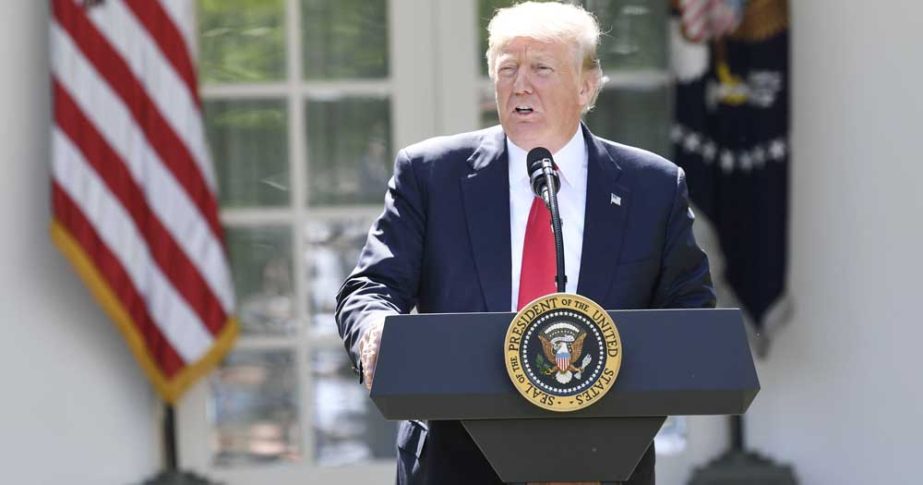
Next week in Poland, a discreet delegation of American diplomats will settle in for two weeks of international climate negotiations along with their European, Chinese and other counterparts they’ve mixed with for years.
The fact that Donald Trump announced in June 2017 that the US would withdraw from the Paris climate accord signed in 2015 by his predecessor, Barack Obama, has not ended US participation in continuing climate talks.
The US pullout won’t take effect until 2020.
In the meantime, the Americans are not leaving their seats empty and remain heavily involved at the technical, rather than political, level.
“Among developed countries, the US is hardly isolated on those issues,” said Alden Meyer, director of strategy and policy at the Union of Concerned Scientists, noting that the US has maintained a united front with Europe and other rich nations when it comes to technical subjects that are indispensable to the effective rollout of the Paris deal.
The Conference of Parties number 24 (COP24), is the follow-on to COP 21 in Paris.
This time, 197 signatories are meeting to agree on the rules of applying their commitments under the 2015 pact, making a “rulebook” to follow.
“Paris has to be brought to life in an operational sense,” said Todd Stern, who was President Obama’s chief climate negotiator. One page on transparency might need 15 or 20 pages of technical definitions, he said.
For example, countries must agree on a common method of counting emissions so that progress can be compared equally.
Should they use international guidelines from 2006, and allow flexibility to some countries? If so, which ones? Who will review nations’ progress? On the ground, or from the secretariat in Bonn?
And when? And what should be done if a country does not stand by its pledge?
On these subjects, the Americans have some very precise goals.
They are refusing to allow any developed country to be subject to stricter rules than a developing country – the same position that has been held by the prior administrations of George W. Bush, Barack Obama and the present one of Donald Trump.
Because they are laying the groundwork for a possible future US tie-in to the Paris accord.
Everyone knows that Washington’s pullout formally takes place November 4, 2020, the day after the next US presidential election.
It’s still even possible that Trump could decide to stay in the accord.
“Most countries I talked to have tried to separate the Trump administration from the US long term,” said Meyer.

